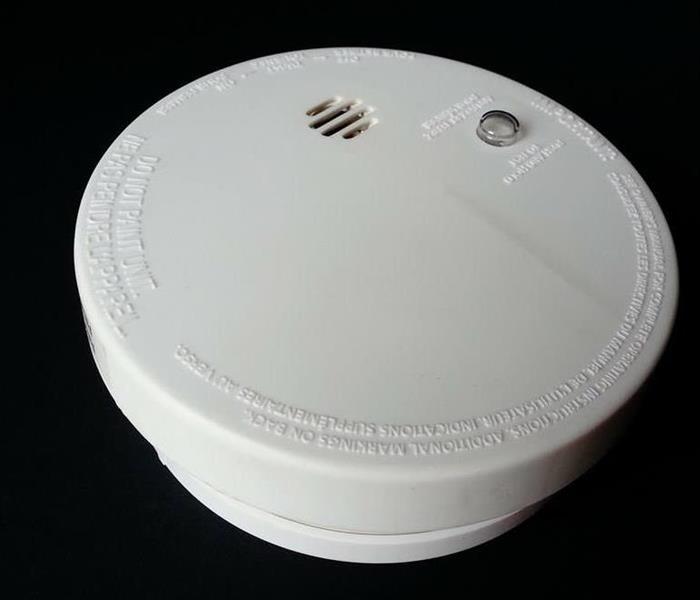Protect Your Family From Home Fires and Be Prepared
5/26/2020 (Permalink)
 Install a smoke alarm system in every part of your home to notify residents of smoke quickly before it escalates.
Install a smoke alarm system in every part of your home to notify residents of smoke quickly before it escalates.
Do you know that three out of five fire deaths occur in homes without a working smoke or fire alarm system? Surprisingly, carbon monoxide (CO) is the highest recorded cause of accidental poisoning in the U.S., according to the National Fire Protection Association (NFPA). Safety is paramount in every home. That is why you must be prepared to take on necessary preventive measures to protect the lives of every member of your family and properties.
The following tips guide you on protecting your family from a home fire and being prepared:
- Install a smoke alarm system in every part of your home to notify residents of smoke quickly before it escalates. Educate your family on the significance of the fire alarm sound and what to do when it goes off.
- Frequently test your alarm systems to know if they are functional. Maintain CO/fire/smoke alarm systems regularly and replace faulty ones. For a battery-powered alarm system, change the batteries every six months. For a hardwired alarm system, get a backup battery during a power outage. Alarms are to be replaced every ten years.
- Double-up on safety with a carbon monoxide alarm. About 450 people die of carbon monoxide yearly. carbon monoxide is an odorless gas and is impossible to detect without an alarm system. You could get a 2-in-1 alarm for smoke and carbon monoxide.
Home Safety Tips
- Avoid unattended cooking. According to the NFPA, the top cause of the home fire is unattended cooking. It is advisable to do nothing else when cooking. Don’t have divided attention when cooking. On a serious note, stay put in the kitchen when cooking.
- Place fire extinguishers in strategic places. The kitchen, passages, laundry room should be equipped with fire extinguishers.
- Create an escape plan for every member of your family, especially children. Practice the emergency escape plan until you are convinced everyone is familiar with it. It is important to identify two exits, that is, the door and the window, and decide on a meeting spot outside the house. Once everyone is safe, be sure to call 911. Emergency escape plans should be practiced at least twice a year.
These tips should be quite useful to you and the other members of your household. If a fire event does break out contact our team of professionals to help you get your home back in order, "Like it never even happened." Reach our team at (916) 966-2601.




 24/7 Emergency Service
24/7 Emergency Service